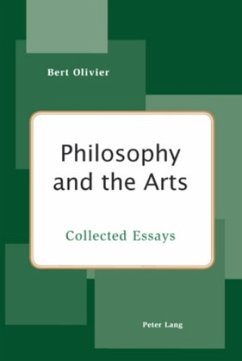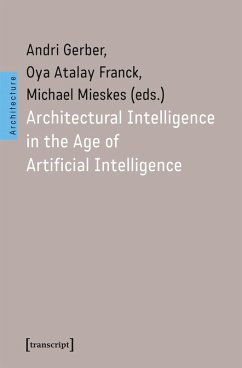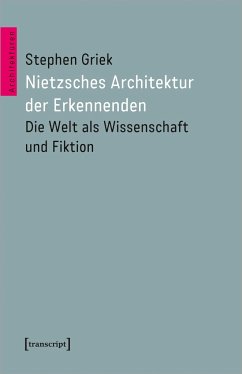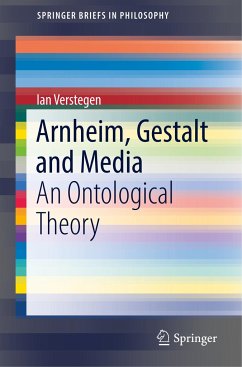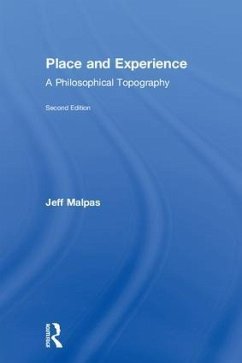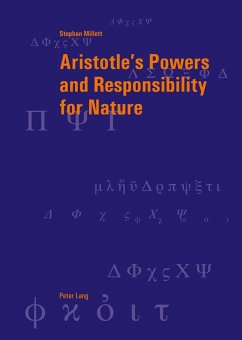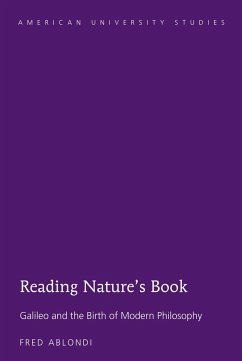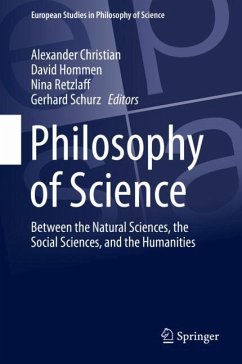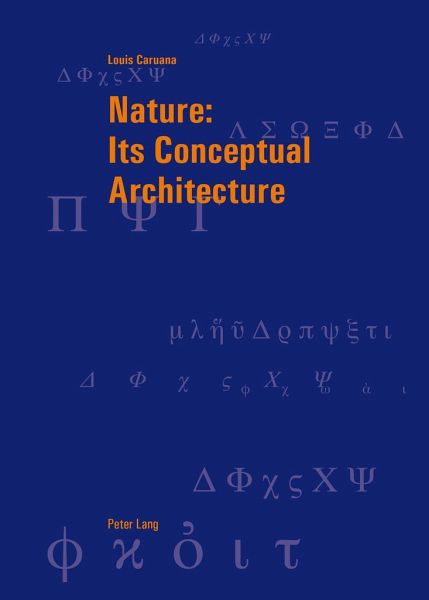
Nature: Its Conceptual Architecture
Versandkostenfrei!
Versandfertig in 6-10 Tagen
113,45 €
inkl. MwSt.

PAYBACK Punkte
0 °P sammeln!
Many philosophers adopt methods that emulate those of the natural sciences. They call such an overall approach naturalism, and consider it indispensable for fruitful philosophical debate in various areas. In spite of this consensus however, little is ever said about how naturalism depends on the underlying idea of nature, which we often endorse unconsciously. If we can determine how naturalism reflects an underlying account of nature, we would be in a better position to distinguish between different kinds of naturalism and to assess the merits of each. This book undertakes a sustained study of...
Many philosophers adopt methods that emulate those of the natural sciences. They call such an overall approach naturalism, and consider it indispensable for fruitful philosophical debate in various areas. In spite of this consensus however, little is ever said about how naturalism depends on the underlying idea of nature, which we often endorse unconsciously. If we can determine how naturalism reflects an underlying account of nature, we would be in a better position to distinguish between different kinds of naturalism and to assess the merits of each. This book undertakes a sustained study of the concept of nature to answer this need. It examines in detail how conceptual, historical, and scientific constraints affect the concept of nature in various domains of philosophy, and how, in the opposite sense, these constraints are themselves affected by the concept of nature. In so doing, this book relates the conceptual framework of scientific inquiry back to the lived experience that is proper to everyday self-understanding.






